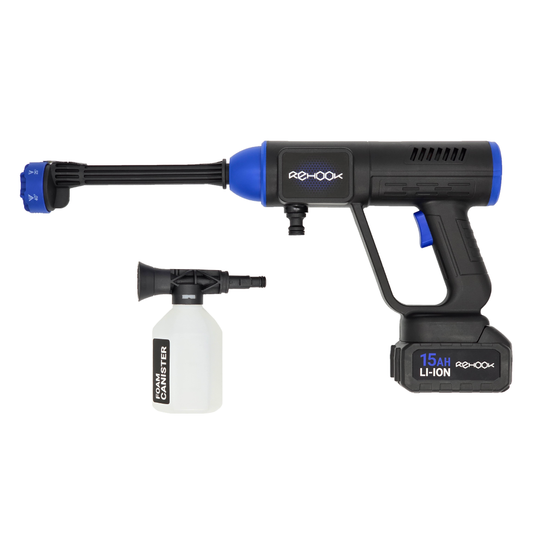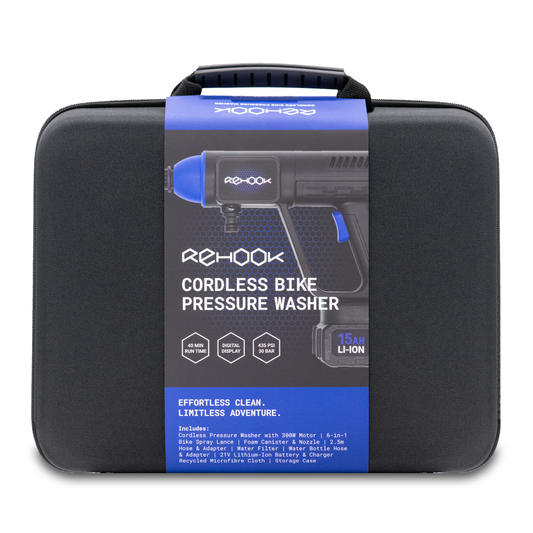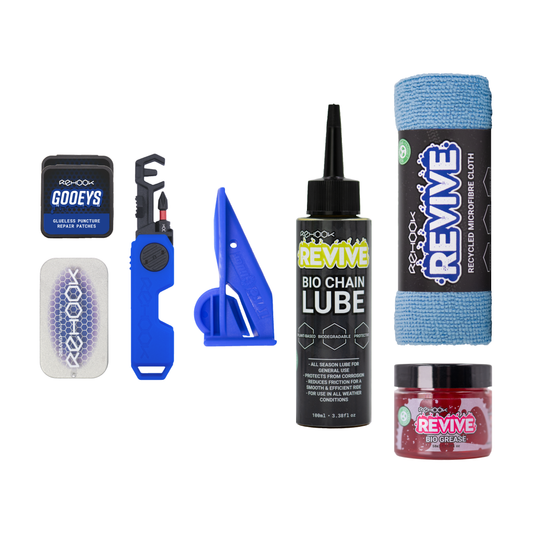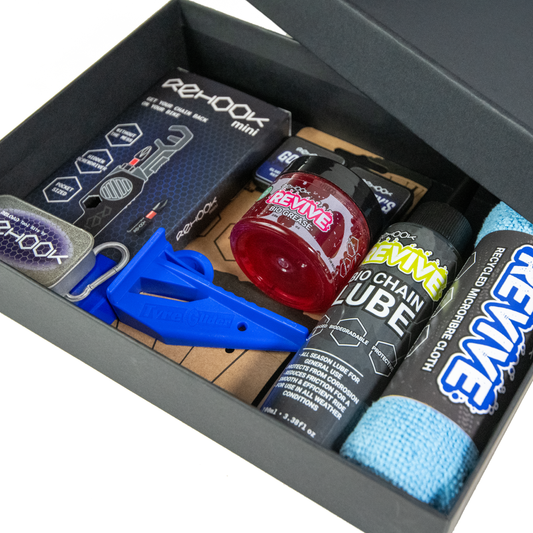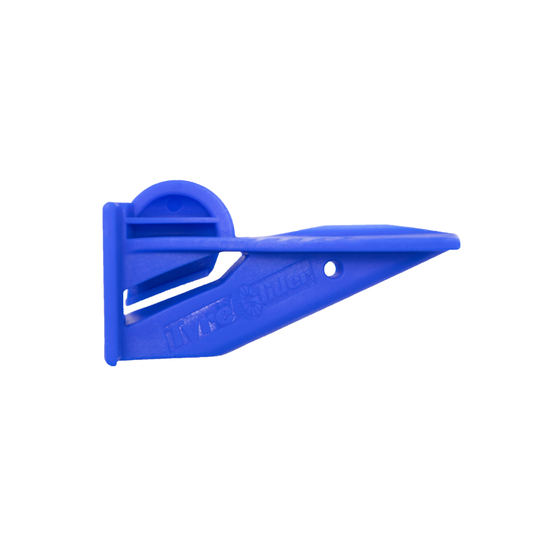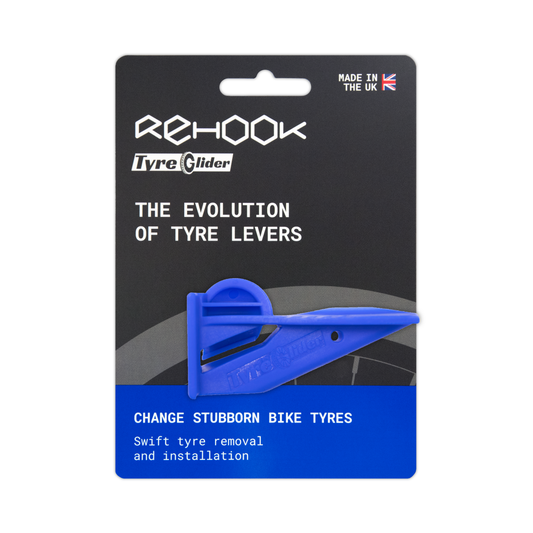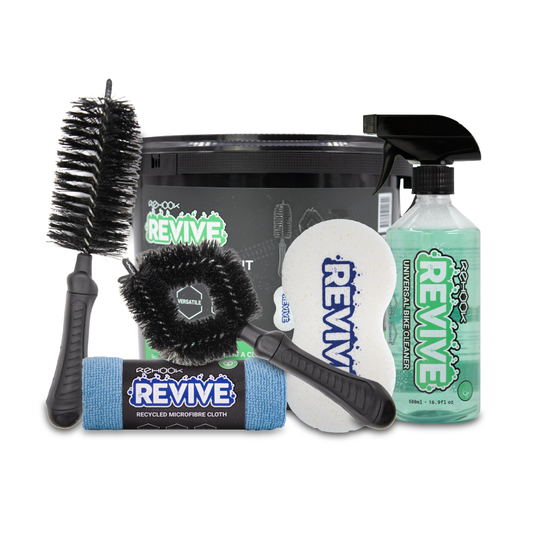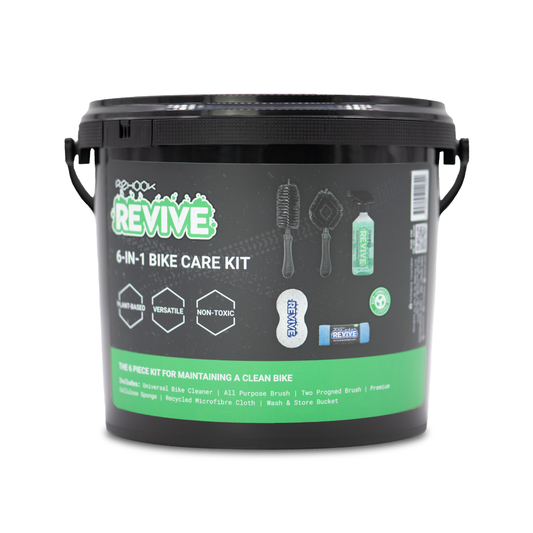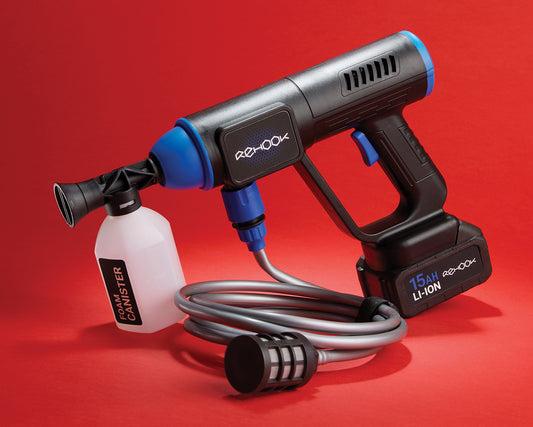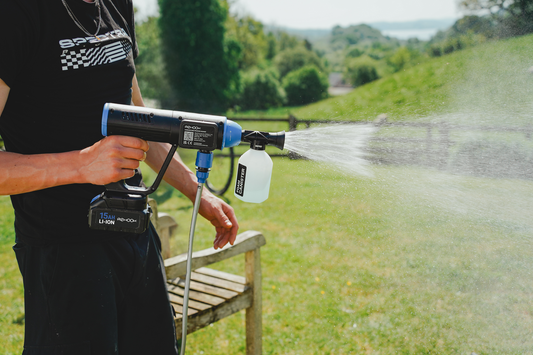As someone new to the world of cycling, I've been doing a lot of research into how best to get into it and I've decided to turn all of this research into a new blog to share with any other people interested in the hobby.
In this guide, I’m going to be going over some of the basic things I believe every cyclist should be aware of as they are getting into cycling. Whether you’re enjoying it as a competitive sport, a casual hobby or just to make your everyday life easier as a tool to commute to work, this guide will have something useful for you.
Getting into Cycling - Beginner's Guide
Choosing your bike
Essential gear you’ll need
Familiarise yourself
Leave a comment
Choosing your bike
It’s important to know exactly what you will be using your bike for before making a purchase, so you can ensure you pick the right type of bike. For example, if you're planning on using it exclusively for off-road cycling, you should probably choose a mountain bike, whereas if you want a bike you can use to commute as well as do some more adventurous cycling with, a hybrid could be a good choice for you as it provides you with some of the best of both worlds.

If you’re looking for something exclusively for more adventurous cycling, you definitely want to be looking into off-road bikes such as mountain bikes as they have tires and frames designed around rougher terrain. You wouldn’t want to bring something like a road bike specifically designed for racing on that kind of terrain, as those kinds of bikes are specifically designed for speed on a smooth surface, whereas mountain bikes are much more well suited for bumpy roads with plenty of dirt and rocks. If you are specifically looking for a road bike with an emphasis on racing, there is a lot of research you will need to do in order to find what will work best for you. You need to make sure you find an aero bike that fits you, and you will need a full set of matching racing gear to help you go faster. Probably not the best choice of bike if you’re just looking to commute, but if you’re an experienced cyclist and you know the route you take is smooth and would be fine for a road bike focused on speed, it could be a good choice to get to work quickly.
If you have a long commute and don't want to show up to work completely exhausted, an electric bike or a hybrid could be a good choice for you. Electric bikes help do some of the cycling for you, so are definitely advantageous if you have trouble keeping your energy through your commute, whereas a lot of hybrid bikes are lightweight and good for beginners due to how comfortable and easy they are to cycle longer distances without worrying about too much in terms of maintenance. My dear old mum swears by the electric bike for her own morning commute, as it is quite long and she doesn’t want to show up for work completely worn out, but still cares about staying in good shape and avoiding using a car when unnecessary, so an electric bike is the perfect cross between fitness and convenience for someone like her. For a full review of E-bikes, you can check out this blog.

A folding bike is also a good potential choice for commuting depending on the area you live in. If you have to take a combination of trains or buses as well as cycling, I would recommend looking into a good folding bike so you can easily bring it with you. They also have the advantage of allowing you to easily carry and store them in your workplace as opposed to being left outside, decreasing the risk of theft by quite a lot.

In conclusion, if you’re unsure on what you’re looking for in a bike, or are looking for a bike that you can use for multiple purposes, a hybrid is a good choice for you. Otherwise, you should look into something more specifically focused on the type of cycling you plan on doing. Regardless of the type of bike you choose, make sure you shop around and find the best offer, and always check reviews from other cyclists. The word of someone who has actually tried the bike for themselves is always your best bet when trying to find something suitable for you. For a useful guide on buying our bike, you can check out this blog.
Regardless of the type of bike you end up choosing however, you’re going to need some gear, which brings us onto the next step.
Essential gear you’ll need
Helmet - Easily the most essential piece of gear you can get, a helmet is what protects you from harm if you happen to crash. It is well worth investing in a good sturdy helmet as it could genuinely save your life. Just be very careful making modifications to any helmet, as you can make them unsafe by attaching objects. If you do ever get into a crash where your helmet is damaged, you should replace it rather than trying to repair it. Generally helmets are designed to protect from one large impact, and after that they won't protect you properly, so it is always best to be safe than sorry. If you're in the market for a helmet we recently launched our own helmet called Rehook Resilience available for purchase now.

Puncture repair kit - A punctured tire can be a major issue that stops you from cycling entirely. Thankfully there are some great kits that can allow you to repair a puncture on the go by pumping up your tire and sealing the puncture so you’re good to get back on the road. I would especially recommend this if you like cycling off road, as the chances of a puncture are much higher. Regardless of the type of cyclist you are however, there is always risk of a tire being punctured so a proper repair kit is a sound investment. We at Rehook now also have our own emergency bike repair kit that comes bundled with our universal air pump.

Bike lock - A bike lock is definitely one of the key (pardon the pun) pieces of kit you’ll need, especially if you plan on commuting by bike. Invest in a good sturdy lock as soon as possible if you’re going to be leaving your bike outside for long periods of time.
Water bottle - Staying hydrated has always got to be a massive priority for any cyclist. Cycling takes a lot of energy and getting dehydrated is a real health risk, so always best to be well prepared and bring a drink with you. There are plenty of slim designs you can easily clip onto your bike or bring in a backpack with you. You can check out our own cycling water bottle here.
Rehook - To get your chain back on your bike quickly and easily, our very own Rehook and Rehook PLUS tools are the best on the market. Nobody wants to get all oily by using their bare hands to reattach their chain, so a tool that can save you that trouble is a great addition to the collection of any cyclist.

Cleaning tools - This includes proper brushes and equipment to properly clean and maintain your bike. If it gets dirty you always want to give it a good clean so that all of the important parts stay in working condition. A good rule is to look after your bike as it looks after you on the road.
There are many other useful tools you can bring with you on the road, but those are some of the most essential that every cyclist should have. For some more essential accessories, you can check out this blog.
Now that you’re aware of all the gear you need, we move onto the final step you should take before hitting the road.
Familiarise yourself
Now that you have the bike and all the essentials you need, it’s important to familiarise yourself with your bike. You should feel comfortable making basic repairs on the go, at the very least make sure you know how to fix your tires and put your chain back on. If your bike has any special features, like electric bikes and folding bikes, definitely read up on them so you can make sure you’re getting the most out of your bike. Familiarity is an important step, because you don’t want to go for a cycle only to find out halfway through that there is a problem with your bike or gear you don’t know how to handle. We here at Rehook always make sure to put out guides for our products, so our customers don’t have this issue when buying a helmet or air pump. You should always know how to use your tools, otherwise they’re just dead weight on the road!
I hope this article was useful and helped you learn a little more about getting into the world of cycling! If you’d like to learn more, I’d recommend you check the other article I wrote on essential cycling terms for beginners.
About the author:

Oliver Laws - Cycling Blogger
Oliver joined the Rehook team in 2021, and has been recording his journey into the world of cycling through his blog. In his free time Oliver enjoys writing fantasy and sci-fi stories, with the hope of one day publishing a book.
Sign up to our newsletter to follow Oliver's journey.

